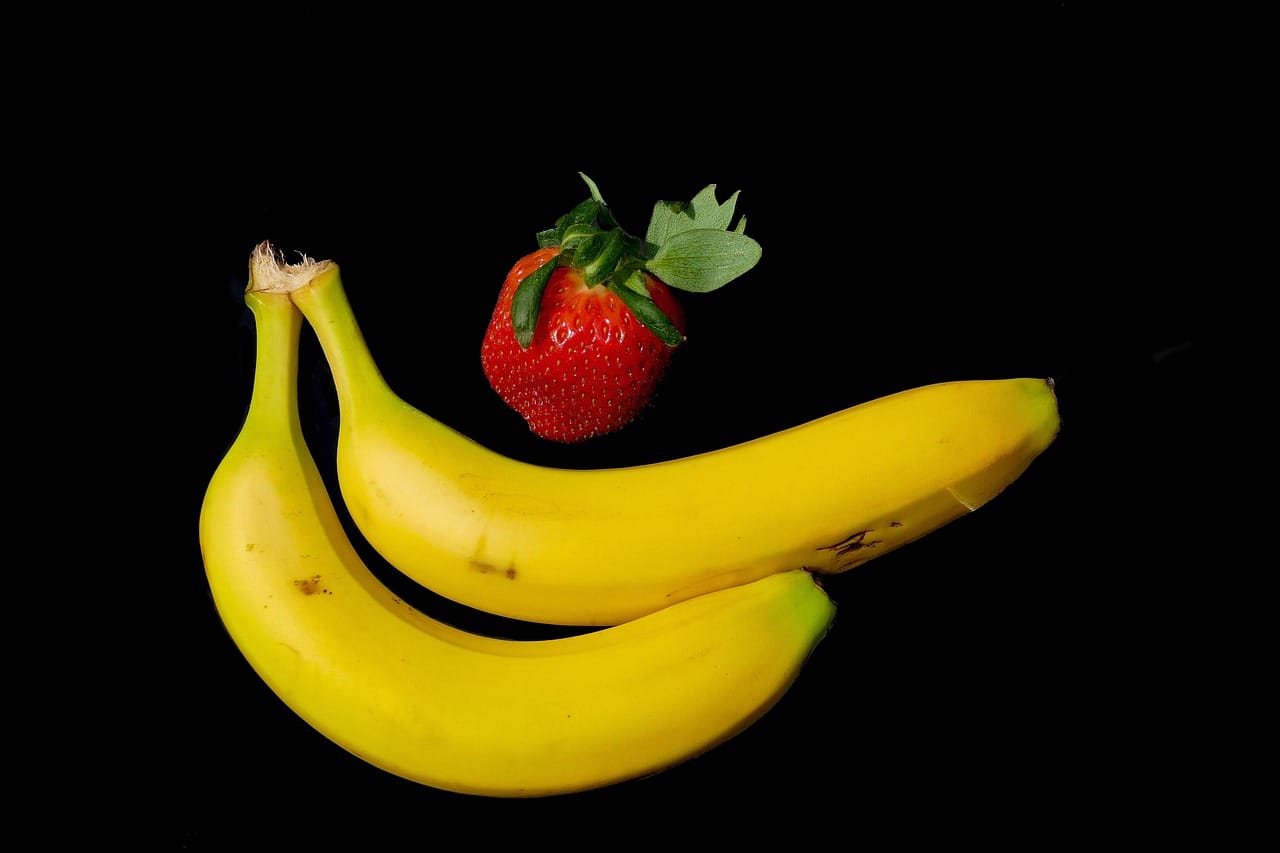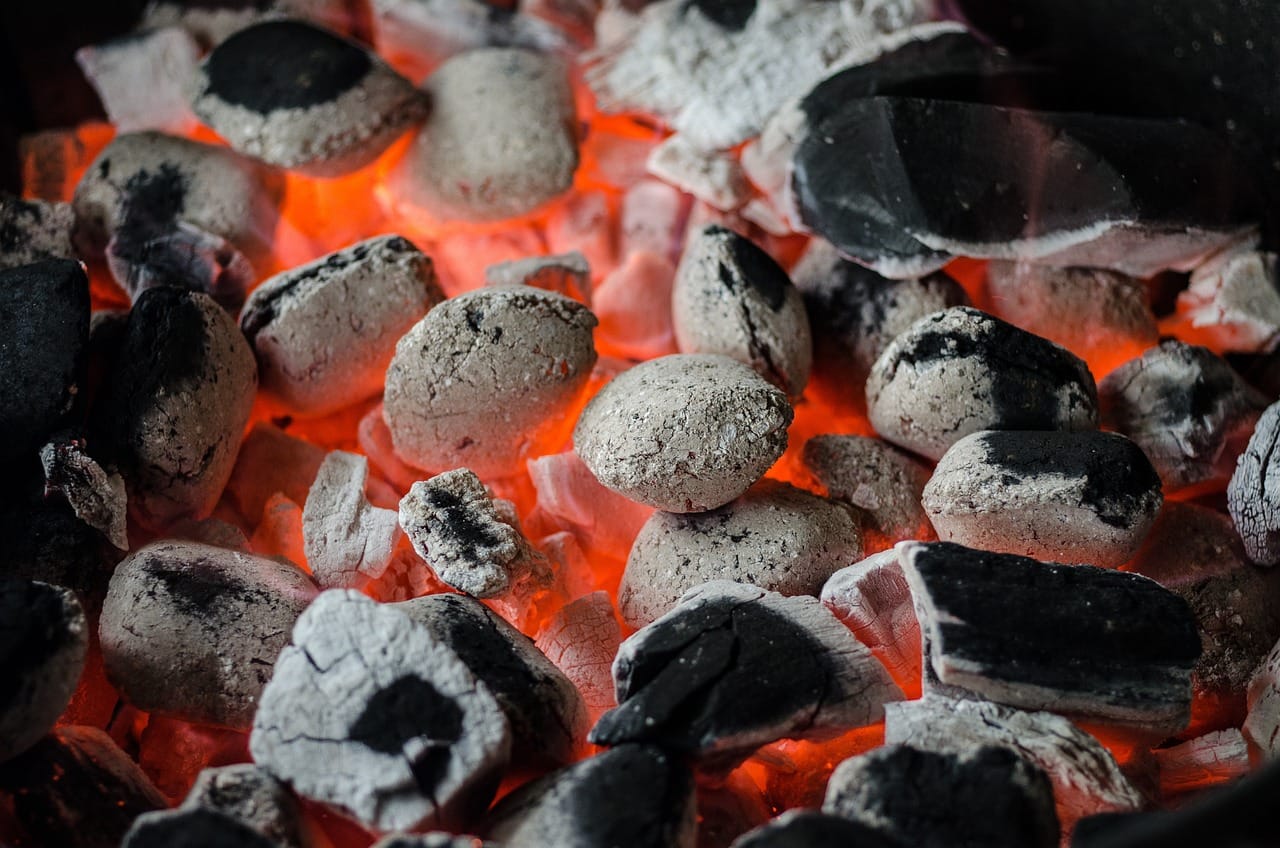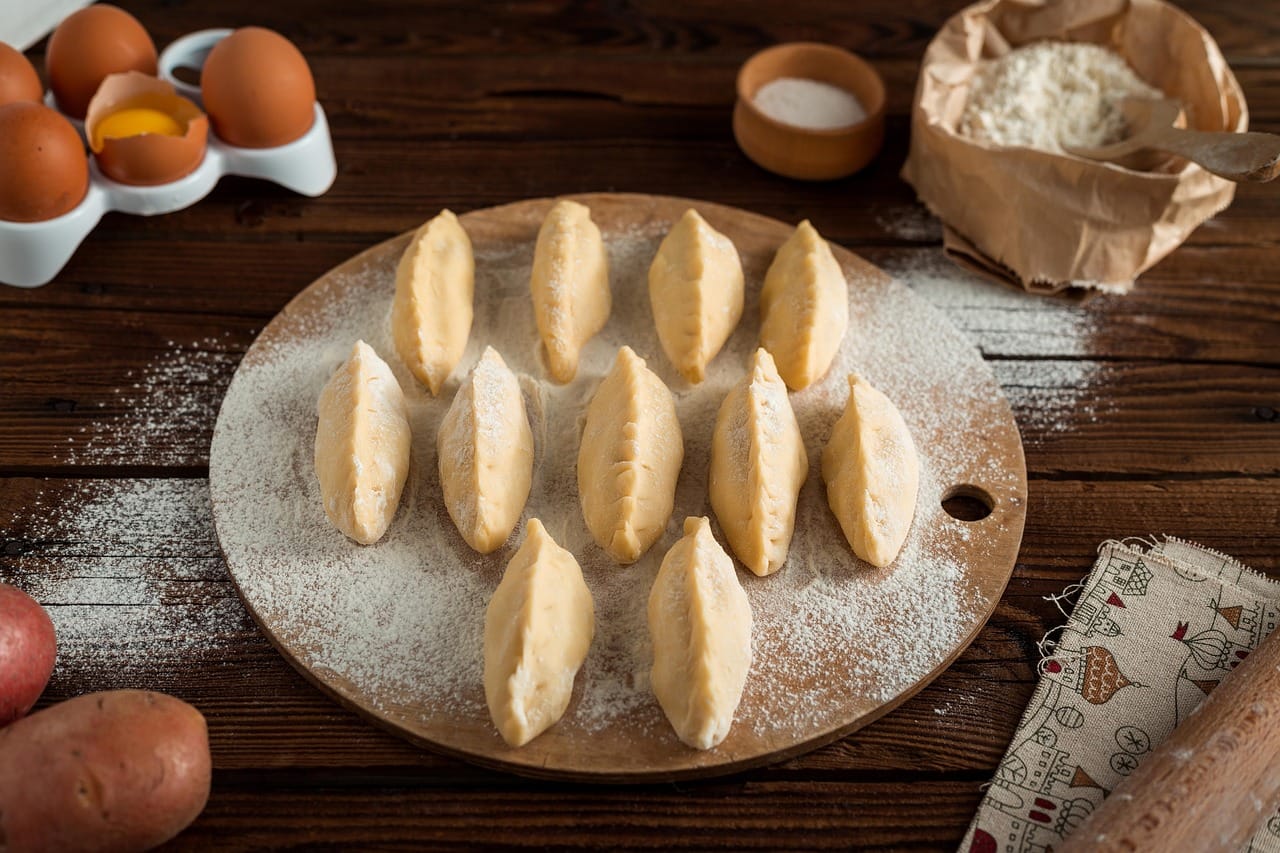Oatmeal: the breakfast of champions, the comfort food extraordinaire, and a blank canvas for culinary creativity! But what about our vegan friends? Fear not, because achieving the perfect bowl of delicious and nutritious vegan oats is easier than you think. This guide will take you through everything you need to know to make creamy, flavorful, and completely plant-based oatmeal that will kickstart your day.
What Makes Oats Vegan?
Oats Themselves Are Naturally Vegan
The good news is, oats themselves are inherently vegan! They’re a whole grain cereal made from the seeds of the oat plant (Avena sativa). So, the base of your oatmeal is already plant-based. The trick lies in the ingredients you add.
Avoiding Hidden Non-Vegan Ingredients
The key to making vegan oats lies in ensuring the additions are also plant-based. Common culprits to watch out for include:
- Dairy Milk: Swap this for plant-based alternatives like almond milk, soy milk, oat milk (naturally!), coconut milk, or cashew milk. Each offers a different flavor and texture, so experiment to find your favorite!
- Honey: Many consider honey non-vegan. Replace it with maple syrup, agave nectar, date syrup, or even brown sugar.
- Butter: A pat of butter adds richness. Instead, use a tablespoon of coconut oil, a dollop of plant-based yogurt, or even a spoonful of nut butter.
- Certain Protein Powders: Always check the ingredients list of protein powders. Many contain whey (derived from dairy) or casein. Opt for vegan protein powders made from soy, pea, brown rice, or a blend of plant-based sources.
Vegan Certifications
If you want to be extra sure, look for products with a vegan certification label. These products have been rigorously vetted to ensure they contain no animal-derived ingredients.
Choosing Your Oats: A Guide to Different Types
Rolled Oats (Old-Fashioned Oats)
Rolled oats are oat groats that have been steamed and then rolled into flakes. This process helps them cook faster than steel-cut oats. They provide a chewy texture and are a good source of fiber.
- Cooking Time: Approximately 5-10 minutes.
- Texture: Chewy, slightly firm.
- Best For: Oatmeal, granola, overnight oats, baking.
Steel-Cut Oats (Irish Oats)
Steel-cut oats are oat groats that have been chopped into smaller pieces. They have a nuttier flavor and a chewier texture than rolled oats. They take longer to cook but offer a hearty and satisfying meal.
- Cooking Time: Approximately 20-30 minutes.
- Texture: Very chewy, slightly nutty.
- Best For: Oatmeal (prepared on the stovetop or in a slow cooker).
Quick Oats (Instant Oats)
Quick oats are rolled oats that have been processed even further to cook more quickly. They have a softer texture and less chew than rolled oats. While convenient, they can sometimes become mushy if overcooked and are more processed than other types of oats.
- Cooking Time: Approximately 1-3 minutes.
- Texture: Soft, can become mushy easily.
- Best For: Quick breakfasts, thickening sauces (though other varieties are usually preferred).
Oat Groats
Oat groats are the whole, unprocessed oat kernels. They have a very chewy texture and a nutty flavor. They take the longest to cook and require soaking for optimal results.
- Cooking Time: Approximately 45-60 minutes.
- Texture: Very chewy, nutty.
- Best For: Hearty bowls, pilafs (though not typically used for sweet breakfasts).
Making the Perfect Vegan Oats: Step-by-Step
Stovetop Method
The stovetop method is a classic way to make creamy and delicious vegan oats. Here’s how:
Microwave Method
For a quick and easy breakfast, the microwave method is your friend:
Overnight Oats Method
Overnight oats are perfect for busy mornings. Prepare them the night before and enjoy a ready-to-eat breakfast.
Slow Cooker Method (for Steel-Cut Oats)
This method is great for preparing a large batch of oatmeal for the week. The slow cooker allows the oats to cook slowly and evenly, resulting in a creamy and delicious texture.
Flavor Combinations and Toppings for Vegan Oats
Sweet Options
- Berries: Fresh or frozen berries like strawberries, blueberries, raspberries, and blackberries add sweetness and antioxidants.
- Bananas: Sliced bananas provide natural sweetness and creaminess.
- Apples: Diced apples with cinnamon create a comforting and flavorful oatmeal.
- Nut Butter: Peanut butter, almond butter, or cashew butter add richness and protein.
- Seeds: Chia seeds, flax seeds, or hemp seeds add healthy fats and fiber.
- Dried Fruit: Raisins, cranberries, or chopped dates add sweetness and chewiness.
- Chocolate Chips: Dark chocolate chips (ensure they are vegan!) add a touch of indulgence.
- Maple Syrup: A classic sweetener for oatmeal.
- Agave Nectar: A vegan alternative to honey.
- Date Syrup: A naturally sweet and nutritious sweetener.
Savory Options
Yes, you can make savory oatmeal! It’s a great way to get a dose of whole grains and protein.
- Vegetables: Sautéed spinach, mushrooms, or kale add nutrients and flavor.
- Avocado: Sliced avocado provides healthy fats and a creamy texture.
- Tofu: Crumbled tofu adds protein and can be seasoned with spices.
- Everything Bagel Seasoning: A savory blend of sesame seeds, poppy seeds, dried garlic, and dried onion.
- Nutritional Yeast: Adds a cheesy flavor to savory oatmeal.
- Spices: Turmeric, cumin, or smoked paprika can add depth and complexity.
- Vegan Cheese: A sprinkle of your favorite vegan cheese alternative.
- Sriracha: For a touch of heat.
Recipes to get started
- Peanut Butter Banana Oats: Rolled oats, almond milk, banana slices, peanut butter, maple syrup.
- Berry Blast Oats: Rolled oats, soy milk, mixed berries (strawberries, blueberries, raspberries), chia seeds, agave nectar.
- Apple Cinnamon Oats: Rolled oats, oat milk, diced apple, cinnamon, chopped walnuts, maple syrup.
- Savory Mushroom Spinach Oats: Rolled oats, water or vegetable broth, spinach, mushrooms, garlic powder, nutritional yeast.
- Chocolate Avocado Oats: Rolled oats, cashew milk, cocoa powder, mashed avocado, maple syrup, vegan chocolate chips (mini ones melt well).
Health Benefits of Vegan Oats
Rich in Fiber
Oats are an excellent source of soluble fiber, particularly beta-glucan. This type of fiber can help:
- Lower cholesterol levels
- Improve blood sugar control
- Promote feelings of fullness
Packed with Nutrients
Oats are a good source of:
- Manganese
- Phosphorus
- Magnesium
- Iron
- Zinc
- B Vitamins
May Help with Weight Management
The high fiber content of oats can help you feel full and satisfied, which may aid in weight management by reducing overall calorie intake. Studies show that individuals who consume oats regularly tend to have lower body mass indexes (BMIs).
Good for Gut Health
The soluble fiber in oats acts as a prebiotic, feeding beneficial bacteria in the gut. A healthy gut microbiome is essential for overall health and well-being.
Naturally Gluten-Free (but check for cross-contamination)
Oats are naturally gluten-free, making them a great option for people with celiac disease or gluten sensitivity. However, it’s essential to choose oats that are certified gluten-free, as they can sometimes be processed in facilities that also handle gluten-containing grains, leading to cross-contamination.
Conclusion
Vegan oats are a versatile, healthy, and delicious way to start your day. With so many variations and flavor combinations, you’ll never get bored. By choosing the right type of oats, using plant-based milk alternatives, and experimenting with different toppings, you can create a truly satisfying and nutritious vegan breakfast. So, grab a bowl, get creative, and enjoy the wonderful world of vegan oats!




